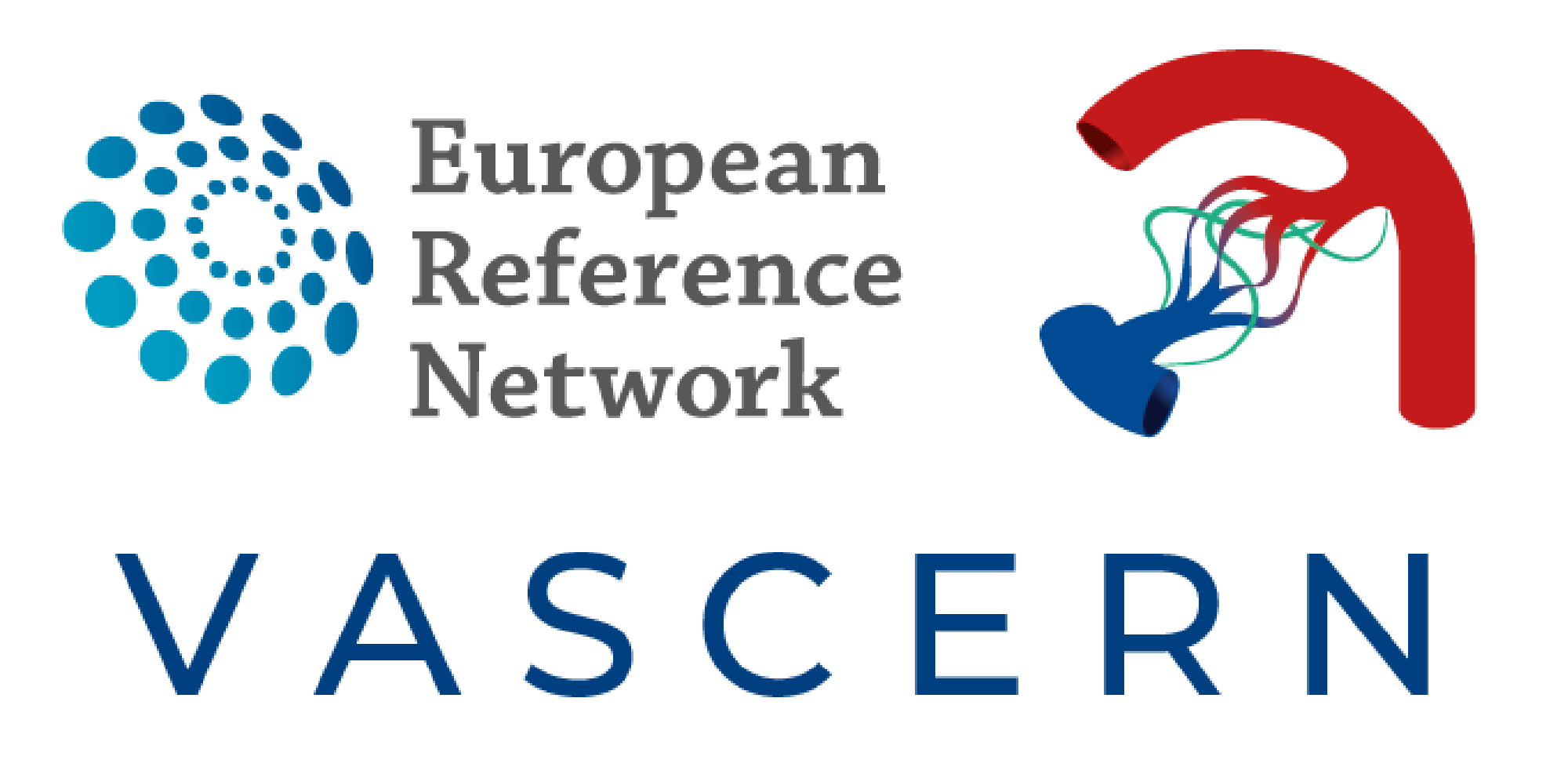
VASCERN came out on top with an exceptional 98% success rate in the European Reference Network (ERN) evaluation by the European Commission. This success is not limited to the network as a whole; with only one improvement plan requested, our HCPs also achieved an impressive success rate of 25 out of 26. Overall, VASCERN’s result was positive, demonstrating our commitment to excellence in the treatment of rare vascular diseases. Read on to find out more about how VASCERN and our HCPs were evaluated.
The 5-year evaluation process
VASCERN brings together some of the best healthcare providers from across Europe to provide expert diagnosis, treatment and care for patients with rare vascular diseases. To ensure that ERNs such as VASCERN provide high quality care, the European Commission carries out an evaluation of ERNs and their Healthcare Provider Centers (HCPs) every 5 years. The evaluation is an assessment of the performance of ERNs and their HCPs in areas such as patient care, research, education, and governance, among others. The evaluation process is conducted by independent evaluators who review the activities, processes, and outcomes of the ERN and its HCPs and provide recommendations for improvement. It also ensures that the activities of the ERNs are in line with EU health objectives and priorities.
There were two phases to the evaluation: a self-evaluation by the ERNs and HCPs and a technical evaluation by an independent evaluation body. In the self-evaluation phase, the ERNs and their HCPs have to self-assess the extent to which they have achieved their initial objectives using a set of evaluation criteria specified by the European Commission. In the technical phase, the Independent Evaluation Body reviews all the self-evaluation information. The body also carries out on-site audits of a sample of selected HCPs, as well as interviews with the ERN Coordinators and patient representatives. In VASCERN, all HCPs that have been part of the ERN since 2017 were evaluated, and six HCPs had onsite audits. The independent evaluators also evaluated the network and interviewed the VASCERN coordinator and coordination team.
Patients’ involvement
Patient representatives play a crucial role in the evaluation process of ERNs. Patient representatives are individuals, either patients or caregivers, who come from patient organizations and represent the voice of the European patient community. They provide valuable insight into patients’ experiences and perspectives and ensure that the evaluation process reflects patients’ priorities and expectations.
At VASCERN level, patient representatives were involved in the evaluation process. They were interviewed by the independent evaluators to hear their experiences and insights on the achievements of the ERN over the last 5 years. This involvement ensures that the evaluation process is patient-centered and that patients’ voices are heard and taken into account.
The six HCPs audited also had their own patients interviewed by the independent evaluators. The evaluators wanted to learn more about their experiences and the quality of care they had received.
Challenges
Despite its importance, the process of evaluating ERNs and their HCPs presents several challenges. One of the main challenges is the heterogeneity of HCPs. HCPs have different structures, resources and capacities, and face different challenges and constraints. This heterogeneity made it difficult for soe of our HCPs to collect all the data needed for the evaluation process, especially within a short time frame, as was the case for this evaluation. For many HCPs, the language barrier was another constraint to the process, as most documents were in their native language and they could not translate them into English.
Another challenge of the evaluation process was the time and effort required. Many of our HCP members had to combine their daily work with the burden of collecting data for the evaluation. This is difficult for HCP members with limited resources and no support from their administrations. This was the same challenge during the ERN evaluation.
While the evaluation process was challenging, we believe evaluating our ERN and its HCPs essential to ensure that patients with rare vascular diseases receive the best possible care. It helps identify areas for improvement and ensures that the needs of patients are at the heart of everything VASCERN does.
Results
A remarkable 25 out of 26 HCPs received a resounding seal of success at the end of the evaluation, while one HCP was required to create an improvement plan that was accepted. VASCERN itself achieved a remarkable evaluation score of 98%, well above the average score of 86% for all European Reference Networks. These results are a testament to the unwavering dedication and commitment of VASCERN members to improving patient care and advancing knowledge of rare vascular diseases.
While VASCERN was commended for its achievements, the evaluation report also provided recommendations for improvement. These recommendations serve as a roadmap for the future growth of the network. VASCERN is committed to implementing these recommendations and continuously improving its performance.
The five-year evaluation of VASCERN and its healthcare providers is an important milestone that underscores the network’s commitment to excellence in rare vascular diseases. The results of the evaluation reflect VASCERN’s commitment to patient care, research, education, and governance, while also highlighting areas for further improvement. As VASCERN embarks on the journey that lies ahead, it does so with a renewed sense of determination to serve patients and to drive progress in the field of rare vascular diseases.
